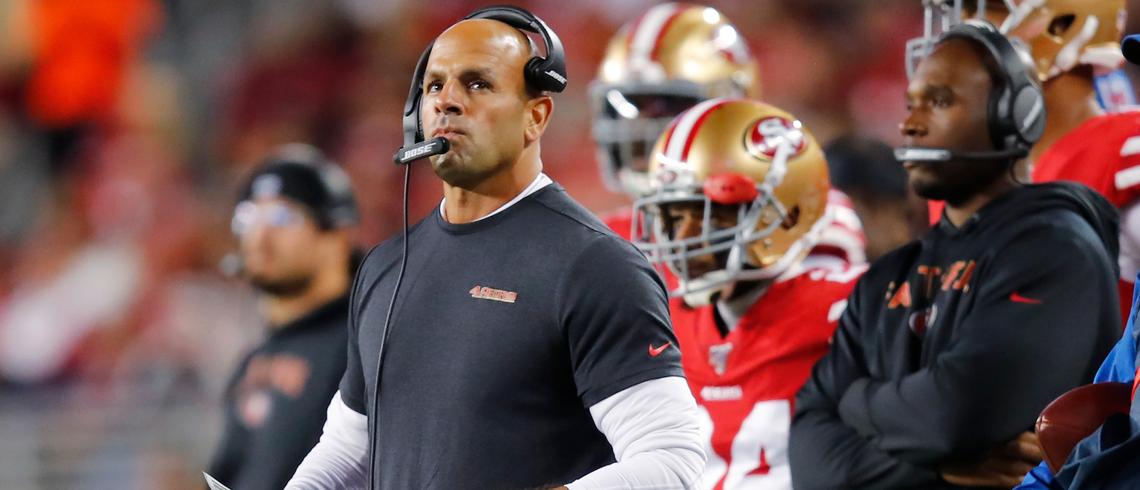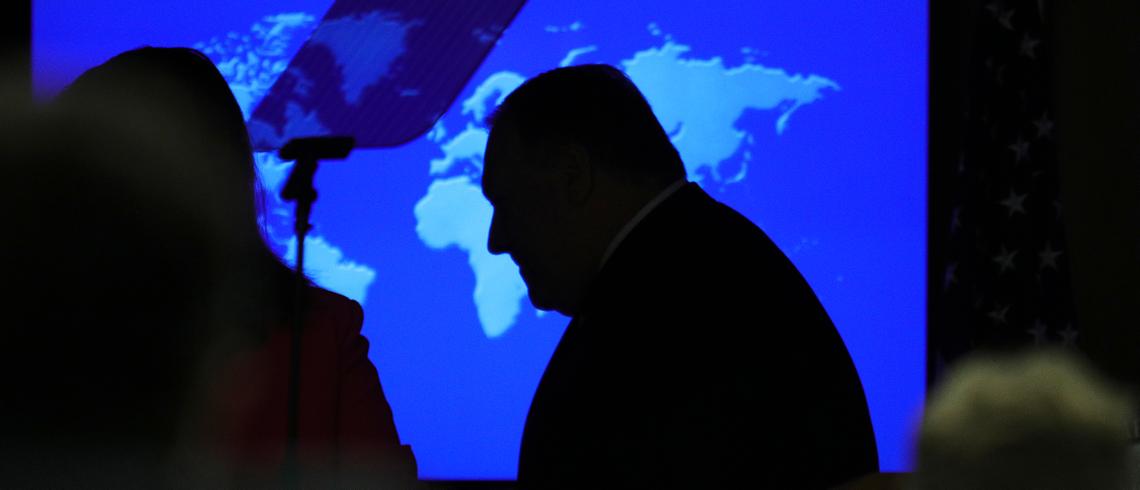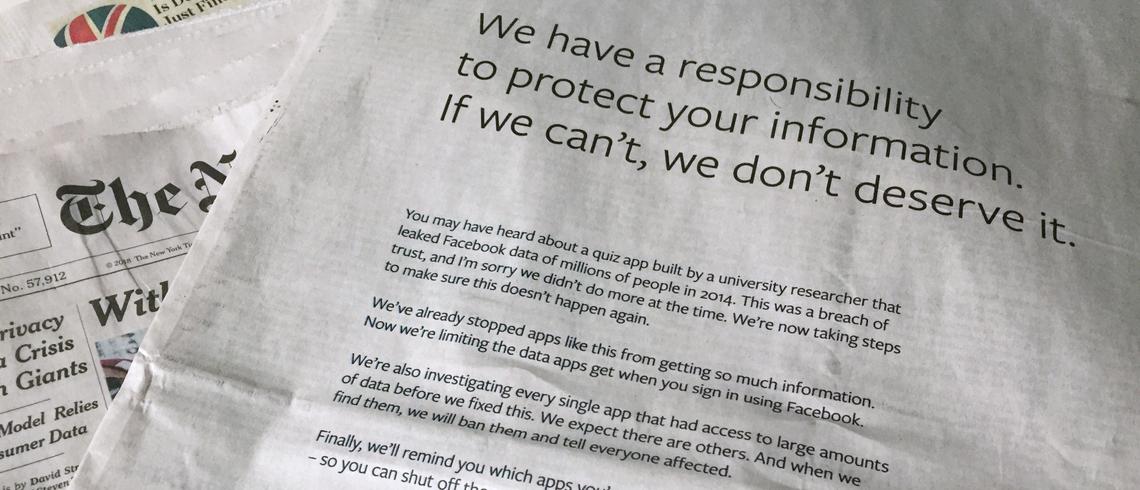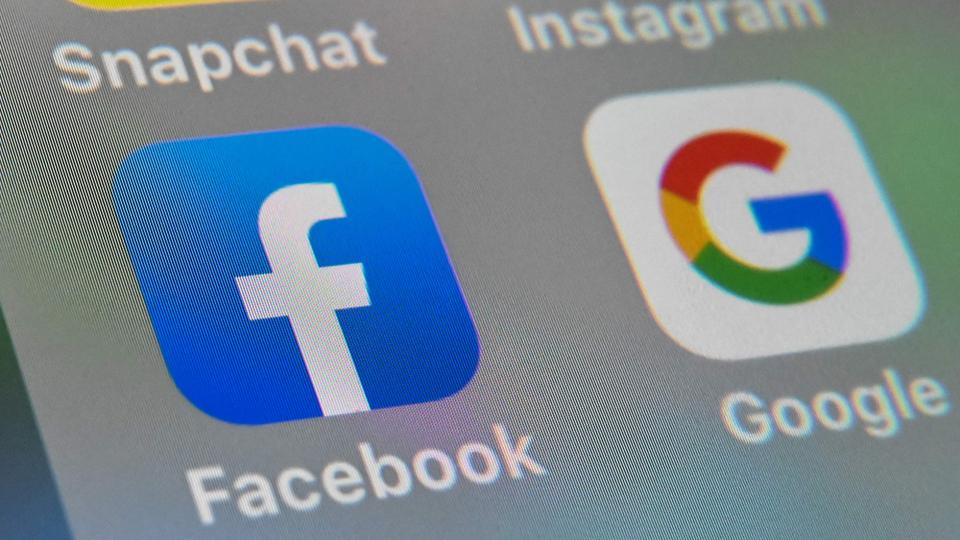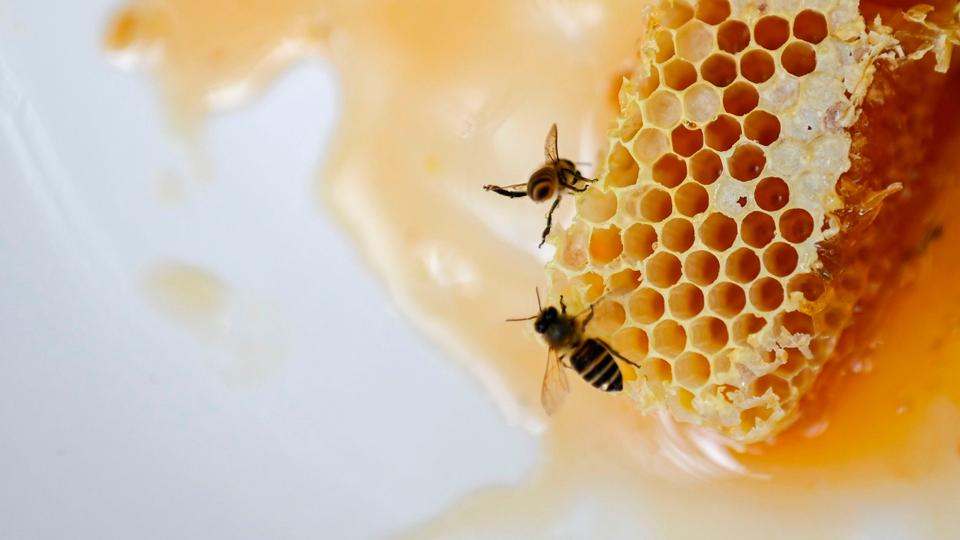
WAQAS MIRZA
11 JAN 2021
In the aftermath of the Capitol Hill riot, empowering the national security state to wage a war on ‘domestic terror’ is likely to result in marginalised communities being disproportionately targeted.
As denunciations of the storming of Capitol Hill continue to pour in, the political consensus is seamlessly settling into labeling the act as “domestic terrorism.”
Joe Biden condemned the mob as “insurrectionists” and “domestic terrorists”. The soon-to-be Senate Majority Leader Charles Schumer, DC Mayor Muriel Bowser, and even ‘Squad’ member Ayanna Pressley joined the chorus. Seemingly oblivious to his own role in contributing to the bungled putsch, Republican Senator Ted Cruz also called the attack “a despicable act of terrorism.”
As of today, at least 25 domestic terrorism cases have been opened in connection with the January 6 violence, according to US Army Secretary Ryan McCarthy.
While the the violence in Washington DC may or may not meet one of the many formal definitions of terrorism in the US, there has been a concerted effort among many Democrats to label the act as such and enact new legislation that would make it easier to prosecute the perpetrators.
This push for new legislation and more funding for law enforcement agencies comes amidst a growing recognition among Democrats that the far-right, among them many white supremacist and ethnonationalist groups, comprise a significant portion of Trump’s base and have increasingly turned to violence to seek their objectives.
In November 2020, for example, a working group advising the incoming Biden administration urged the President-elect “to create a White House post overseeing the fight against ideologically inspired violent extremists and increasing funding to combat them.” After the violence on Capitol Hill, according to the Wall Street Journal, Joe Biden “plans to make a priority of passing a law against domestic terrorism.”
In Congress, too, there is talk of domestic terrorism. A letter signed by Democratic leaders of five House committees asked the FBI Director Christopher Wray to “leverage all available assets and resources” to ensure the perpetrators of the domestic terrorist attack were brought to justice.
Empowering a bloated security state
While the renewed focus on the far-right is understandable given the violence in DC, the reinforcement of the “terrorism” framework raises critical questions regarding the threat to civil liberties and racial and religious minorities that it continues to pose.
The ACLU opposed House Resolution 4192 on those grounds, calling it “unnecessary” as “the offenses it creates largely duplicate existing crimes” as well as “harmful because it expands authorities that law enforcement has abused to target marginalized communities.”
Consider, for example, the No Fly List, a secret government list based on unknown criteria that comprises tens of thousands of individuals prohibited from boarding a plane. It has long been evident that the list is discriminatory, disproportionately targeting Muslims, based on a highly arbitrary criteria without any transparency, and once included a 4-year old child. The list contained only sixteen names on September 11, 2001 but has since bloated to include more than 81,000 names.
Expanding the list to to include the perpetrators of the Capitol Hill attack, as chairman of the Democratic House Committee on Homeland Security recently called for, will not change the arbitrary and secretive basis for punitive state action that the list represents.
Similarly, the vast surveillance apparatus propped up to target American Muslims and the mass surveillance programs established by the National Security Agency, will continue to be detrimental to free speech and political organising when broadened to include even more communities or infused with additional resources and funding.
The demand for a more expansive application of the “terrorism” designation is explicitly a call for more punitive measures, which have been previously been pursued in an arbitrary and discriminatory way and without transparency or hope for redress. It further empowers and expands the national security state, contributing to bloated budgets for law enforcement, intelligence agencies, and border patrol, which disproportionately target Muslims and other people of colour in any case.
It is a call for far more widespread surveillance powers being granted to agencies which have a proven record of abusing those powers. It leads even more to legal innovations which continue to constrict the many rights and civil liberties which have already become strained during the war on terror.
This demand is also predicated on the mistaken belief that there can, somehow, be an objective definition of terrorism which would capture perpetrators of ideologically-motivated violence regardless of race, religion, or political use.
The infinite malleability of terrorism
Terrorism, however, is an infinitely malleable category. Even if an objective application was possible, law enforcement and intelligence agencies enjoy wide discretion in deciding who to surveil, investigate, and prosecute.
Given their history, it is not difficult to guess which populations they would target.
This is not mere speculation. The authority granted to local police forces and the FBI to combat the terrorist threat has routinely been used to target innocent individuals as well as non-violent protests and social movements.
The “unnecessarily and dangerously militarized” police force for example, which has been present in full force to crush the Black Lives Matter (BLM) protests from 2016 onwards, was the product of the Department of Defense’s 1033 Program. While the program pre-dates 9/11, it was ramped up in response to the war on terror.
The FBI’s identification of a spurious “Black Identity Extremist” threat in 2017 also follows the precedents of the war on terror. It echoes the category of “pre-crime,” established to identify terrorist threats before they materialise through specious theories of radicalisation -- dutifully provided by a cottage industry of terrorism experts -- which would feed the preventive prosecution of individuals who had never committed a crime.
Activists from BLM, Occupy, and indigenous rights movements have repeatedly found themselves at the crosshairs of local and federal agencies, empowered by the funding, resources, and broad authority granted to them under the aegis of the war on terror. Innocent Muslims have also remained a primary target.
As the visibility and threat posted by far-right groups continues to grow, it will be increasingly tempting to reinforce the framework of the war on terror and increase law enforcement and intelligence agencies’ funding and authority to suppress its growth.
An expansion of the national security state and further entrenchment of its authoritarian elements, however, would only result in the continuing repression of already marginalised communities.
Disclaimer: The viewpoints expressed by the authors do not necessarily reflect the opinions, viewpoints and editorial policies of TRT World.
AUTHOR
Waqas Mirza @waqasahmi is a writer and activist based in Massachusetts. His work focuses on US foreign policy, War on Terror, Islamophobia, surveillance, policing and development.
